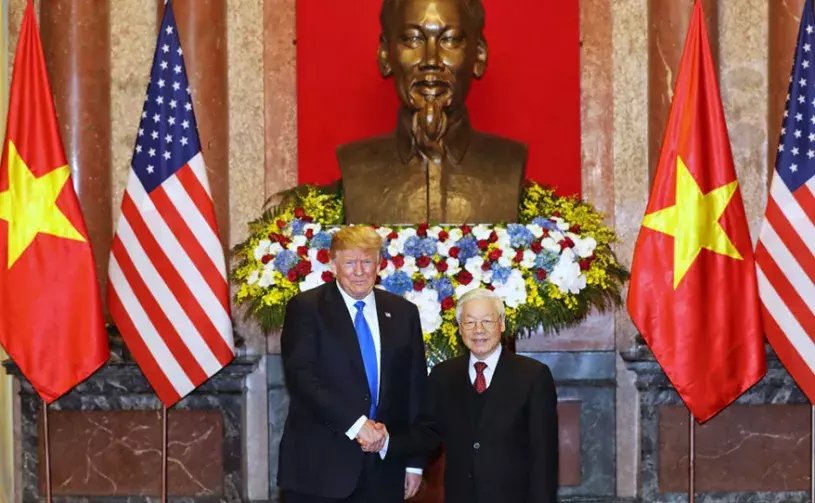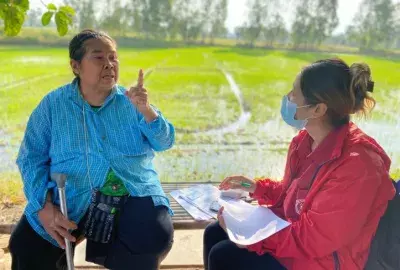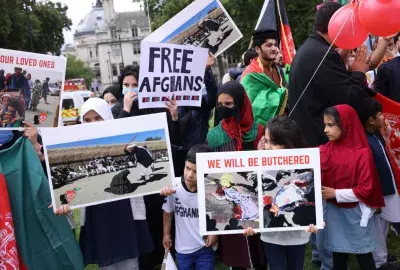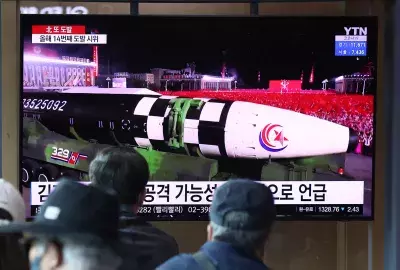Error message

Under the Obama administration’s Rebalance to Asia, Vietnam gradually gained importance in US foreign policy as the two countries formed a “comprehensive partnership” in 2013. Despite the Trump administration’s America First policy, the United States prioritizes its partnerships with Vietnam and other Southeast Asian countries in its Free and Open Indo-Pacific Strategy. While a common concern about China’s behavior in the South China Sea has facilitated the growth of US-Vietnam relations, the foundation of the relationship is cooperation on Vietnam War legacy issues. The two countries have made remarkable progress in advancing diplomatic, economic, and defense ties regardless of remaining challenges. The year 2020 would be ideal for the United States and Vietnam to upgrade the relationship to a “strategic partnership”: it marks the 25th anniversary of the normalization of bilateral relations, Hanoi’s ASEAN chairmanship, and the start of Vietnam’s term as a non-permanent member of the United Nations Security Council.
Photo: US President Donald Trump (L) and Vietnamese President Nguyen Phu Trong (R) pose at the Presidential Palace on February 27, 2019 in Hanoi, Vietnam. (Photo by Dien Bien/Getty Images)
Under the Obama administration’s Rebalance to Asia, Vietnam gradually gained importance in US foreign policy as the two countries formed a “comprehensive partnership” in 2013. Despite the Trump administration’s America First policy, the United States prioritizes its partnerships with Vietnam and other Southeast Asian countries in its Free and Open Indo-Pacific Strategy. While a common concern about China’s behavior in the South China Sea has facilitated the growth of US-Vietnam relations, the foundation of the relationship is cooperation on Vietnam War legacy issues. The two countries have made remarkable progress in advancing diplomatic, economic, and defense ties regardless of remaining challenges. The year 2020 would be ideal for the United States and Vietnam to upgrade the relationship to a “strategic partnership”: it marks the 25th anniversary of the normalization of bilateral relations, Hanoi’s ASEAN chairmanship, and the start of Vietnam’s term as a non-permanent member of the United Nations Security Council.
Photo: US President Donald Trump (L) and Vietnamese President Nguyen Phu Trong (R) pose at the Presidential Palace on February 27, 2019 in Hanoi, Vietnam. (Photo by Dien Bien/Getty Images)







